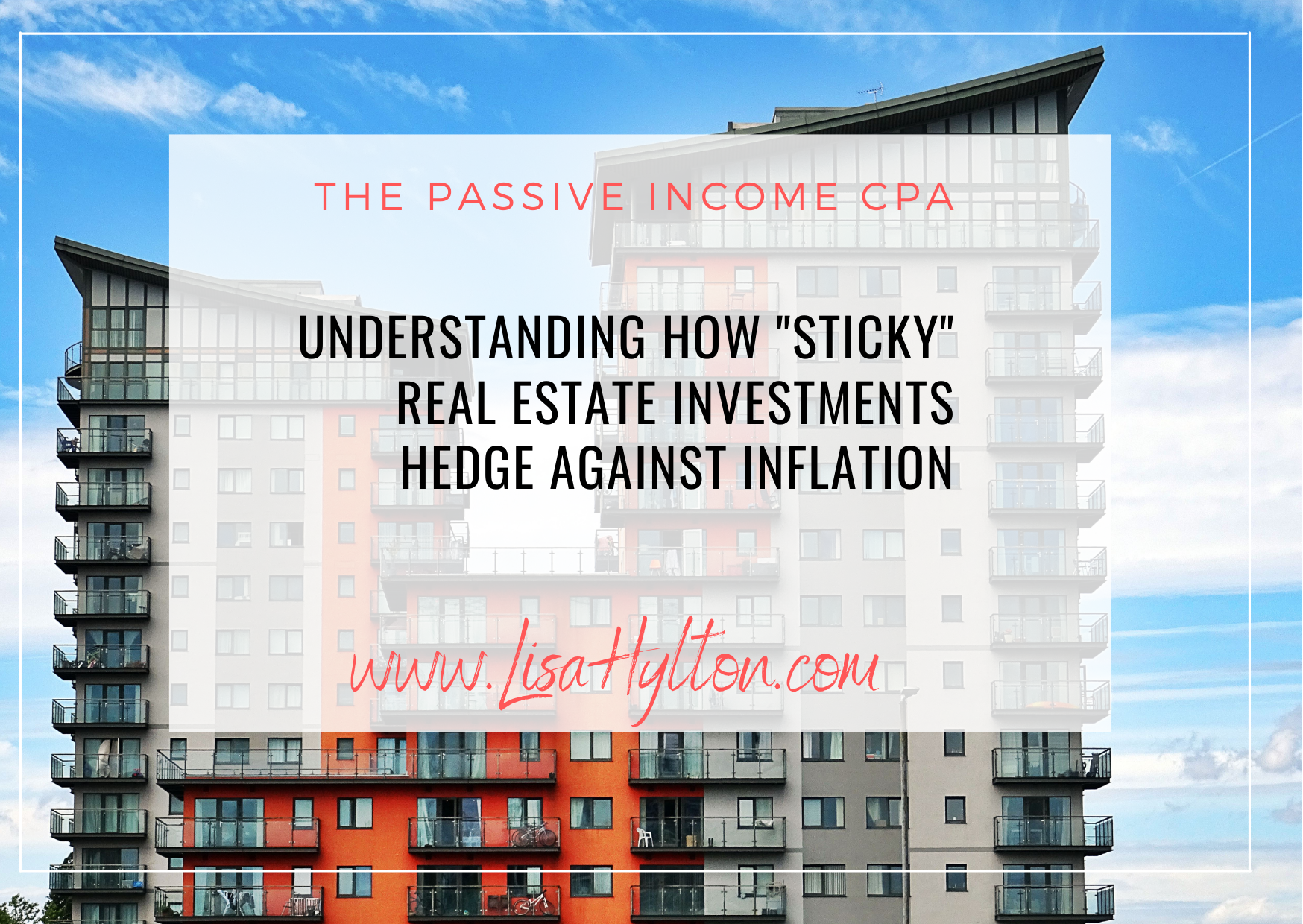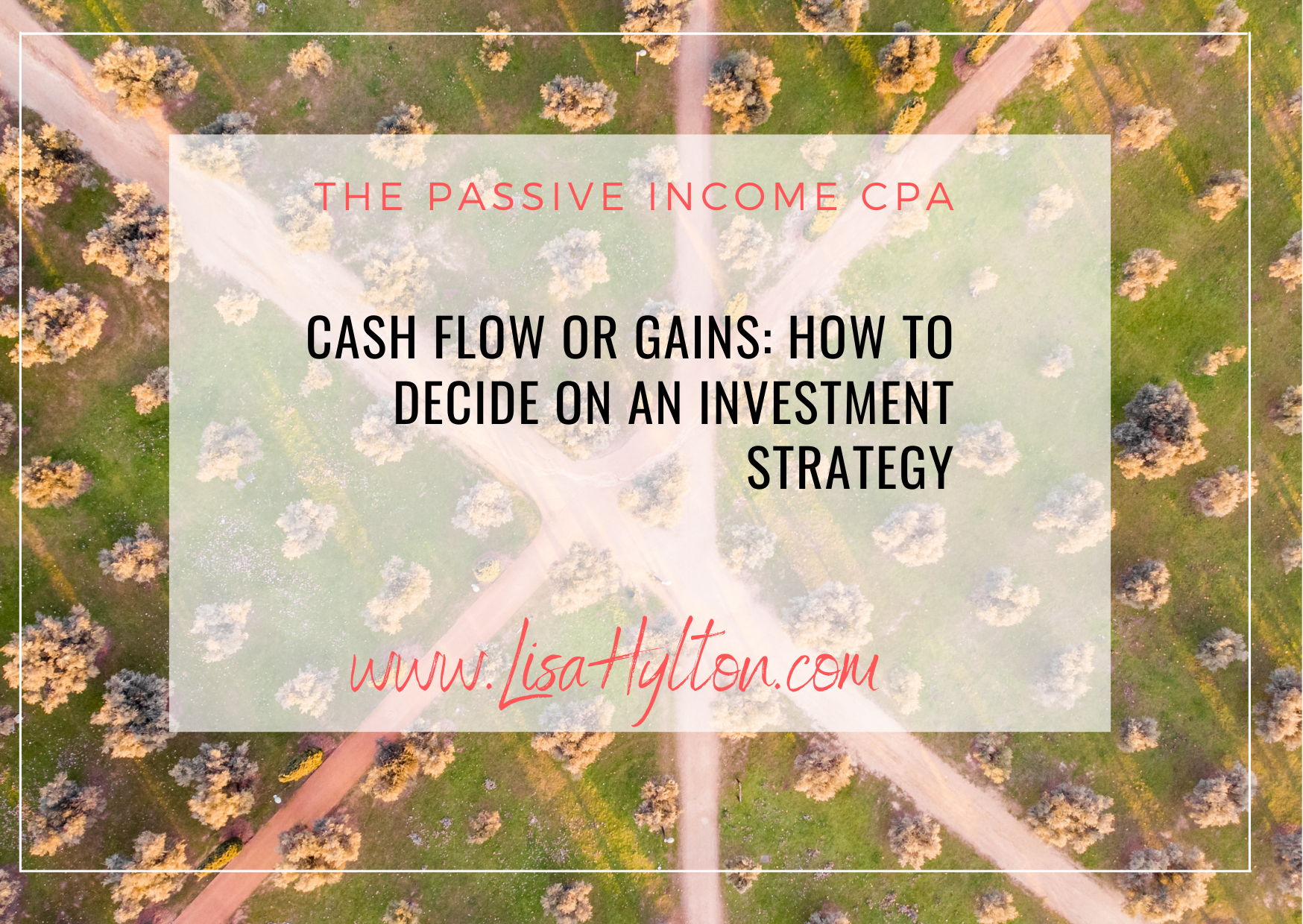In a crowded investing marketplace consisting of the traditional stock market, precious metals – i.e. gold, cryptocurrencies, and more, one can get lost in the shuffle of it all. The beauty is that there are a lot of options. The curse is that the abundance of options leaves many incomplete analysis paralysis.
I might be biased but I truly believe that real estate is one of the best investments out there – especially from a long-term perspective. The following 4 benefits are a few of the reasons why real estate can outperform many of the other investments out there.
- Cash flow

To start, cash flow is traditionally the amount of rental income remaining after you pay the debt service, insurance, taxes, property management, reserves, maintenance, and any other expenses. Cash flow is not guaranteed but can be estimated before you buy through your deal analysis calculator. The property’s cash flow can be increased through value-add opportunities that are set by the market. Think of something like adding a washer/dryer set or air conditioner in a Los Angeles Apartment.
Remember that purchase price and market conditions matter. The Huntsville, Alabama or Jacksonville, Florida real estate markets are known to be cash flowing markets. However, through creative paths (owner financing, parking rentals, etc.) cash flowing assets can be created. Ordinary dividend income from stocks and Real Estate Investment Trusts (also known as REITs) can also provide cash flow but are generally taxed at ordinary income tax rates.
- Appreciation

There are two types of appreciation: forced appreciation and market appreciation. Market appreciation, while awesome to experience, is largely outside of the control of the property owner. Performing your market research, however, can set you up for potential success. New city plans, new development and city laws can stimulate business, job and population growth in a market place. These, in turn, can positively impact real estate market values. Market cycles can play a major role as well. Recessions can bring a decline in market values while a rising market can result in an increase in market values. You ride the waves.
The second and more desirable type of appreciation is forced appreciation. This type of appreciation is within the control of the owner. As mentioned in the cash flow section, an owner may incorporate value-add improvements or major upgrades. This could be revamping the structural layout of a building to meet the current market expectations in the area. These changes can impact cash flow and the value of the property, particularly for multifamily investments. In the case of multifamily investments, the increased cash flow directly affects the value of the property. None of the other investments – stocks, REITs, or currencies – enable the owner to force appreciation.
- Amortization

Amortization is the paydown of the loan on a property. The owner’s equity in the property generally increases overtime with cumulative loan pay downs and a growing real estate market. Example – an investor buys a $50,000 house with a $10,000 dollar down payment. If the monthly debt service is $400 and the house rents for $1,000, then the monthly cash flow could be around $300 – $400. The owner could choose to double-up their debt service payments which could cut the typical 30-year loan term in half. If the property is sold at year 15 and appreciation is zero, the $10,000 investment could now result in cash proceeds of approximately $30,000 after paying off the loan. When amortization is mixed with appreciation, it can be very powerful. The ability to leverage other people’s money, in this case, the bank’s money, can only be found in real estate.
- Depreciation

Last but certainly not least is depreciation expense. This is yet another benefit that is unique to real estate investing. The US tax codes enable real estate investors to depreciate fixed assets. This depreciation is an expense that is generally used to offset rental income and, in many cases, results in a deferral of taxes to future years. At a high level, there are two types of depreciation: straight line and accelerated depreciation. Straight-line depreciation is generally used on investments with a long-term hold period, i.e. 20 to 30 years. Owners generally use the accelerated depreciation method for investments with a shorter planned holding period like commonly seen in multi-family syndication. This requires the owner to pay for a cost segregation study to accurately execute the depreciation calculations.
At the end of the day both methods are enabling real estate investors to defer paying taxes on the income they are currently earning from the property. Are these taxes paid at the sale? It depends. While investors are liable for paying the deferred and current taxes at sale, additional tax legislation (such as the 1031 exchange rules) enables investors to roll the gains into yet another real estate investment and further defer taxes. This is not available on the other investments. Please work with a qualified tax or legal professional to ensure the 1031 exchange is correctly executed.
So why are real estate investors hooked on investing in real estate? For all of the above reasons and more. I hope this article has been insightful and helpful in understanding many of the hidden treasures in real estate investing. Happy investing!
Want to Invest with Lisa?
If you are interested in learning more about passively investing in apartment buildings, click here https://lisahylton.com/partner-with-lisa/ to sign up to learn more about upcoming opportunities.
About the Author
 Lisa is the founder of Axcel Capital, a real estate company that invests with investors solely multifamily investments across the United States. At Axcel Capital, Lisa and her team focus on buying apartments with investors and shares the profits. This strategy enables her investors to build wealth and passive income through investing in conservative, high-quality multifamily assets.
Lisa is the founder of Axcel Capital, a real estate company that invests with investors solely multifamily investments across the United States. At Axcel Capital, Lisa and her team focus on buying apartments with investors and shares the profits. This strategy enables her investors to build wealth and passive income through investing in conservative, high-quality multifamily assets.
Lisa is the host of the Level Up REI podcast where she interviews real estate investors on their stories and lessons learned. After a decade working in the financial services industry, Lisa found investing passively in real estate syndications and
was intrigued by the business opportunity to invest in real estate while also providing the opportunity to others to do the same along with her.
You can learn more about passively investing in high-quality multifamily assets that provide cash flow and strong returns at www.LisaHylton.com.




